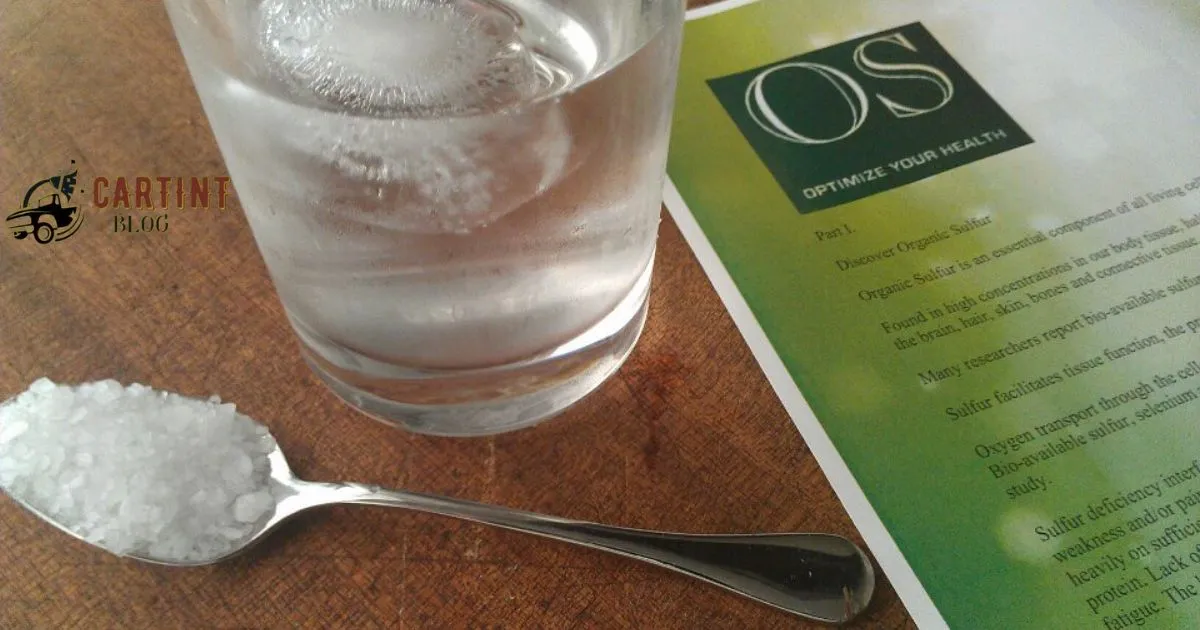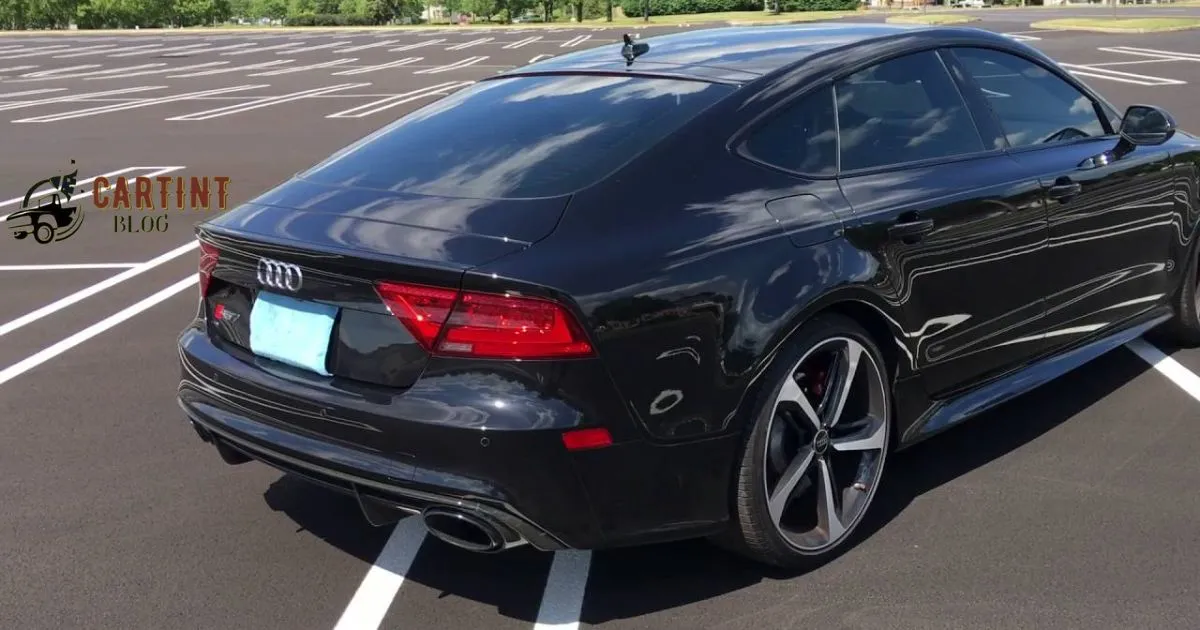Tinted windows on vehicles are a popular customization, but regulations on allowable tint levels vary by state. In New Jersey, the rules regarding window tinting on cars are more restrictive than in some other states. This can lead to confusion for drivers traveling between states or who have moved recently. Understanding New Jersey’s laws is important to avoid fines.
New Jersey uses a grading system to classify different levels of light transmittance allowed on car windows. The grades specify the minimum amount of light that must pass through the glass. For example, darker tints that block more sunlight have lower grades in the 70-75% range. Lighter shades are graded higher from 88-100% light transmittance.
Striking a balance between individual choice and statewide standards has proven tricky for New Jersey lawmakers. Multiple exceptions and medical exemptions further complicate the rules. While these complexities might frustrate some citizens, the intent behind window tinting laws relates to broader public welfare.
Are Tinted Windows Legal in New Jersey? A Complete Guide
Tinted windows are a popular vehicle modification, but the legality of window tinting varies widely between states. New Jersey has restrictive tint laws compared to some other places. This article will explain the specifics on what level of tint is allowed, exceptions, fines and tips for compliance.
Understanding New Jersey’s Window Tint Grades
New Jersey regulates tint based on a grading system for the amount of light transmittance allowed through the glass. The grades specify the minimum percentage of visible light that must come through.
- Grade 88 allows 88% light transmittance
- Grade 70 allows 70% light transmittance
Lower grades indicate darker window tint. For example, Grade 88 tint is lighter than Grade 70. The higher percentages permit more light, while lower grades block more sunlight.
Overview of Allowed Window Tinting in NJ
Here is a quick rundown on the legal tint levels for different windows in New Jersey:
- Windshield – No tint of any kind allowed, must be 100% light transmittance
- Front Side windows – Must allow over 70% light transmittance (Grade 88 or lighter tint)
- Back Side & Rear windows – Must allow over 70% light transmittance (Grade 88 or lighter tint)
So in summary, all tinting in New Jersey may only use Grade 88 or lighter film. Grade 70 or any darker tints are prohibited for all car windows.
Medical Exemption for Darker Window Tints
New Jersey does allow people with certain medical conditions to apply for special exemption permits. With a doctor’s certification, drivers can obtain approval for darker tints that block more sunlight.
Medical exemptions for tinted windows in vehicles are evaluated individually by the NJ Motor Vehicle Commission (NJMVC). Through a tinted window of a car, certain conditions such as lupus, the risk of skin cancer, eye sensitivity disorders, and certain skin diseases may be considered for granting drivers legal permission to use darker tints.
Fines for Illegal Window Tints in New Jersey
It’s important to know that the penalties can be steep for unlawful tinting in NJ:
- 1st offense – $100 to $200 fine
- 2nd offense – $250 fine
- 3rd & subsequent offenses – $500 fine
Additionally, drivers will be issued a ticket and required to remove excessively dark tinting within 60 days. Failure to remove illegal film in time leads to further $50 per month fines.
Is 35% Tint Legal In Nj
No, 35% window tint is illegal in New Jersey. The state prohibits any tint darkness that blocks more than 30% of light. So 70% visible light transmittance is the minimum allowed.
Lower percentage tints are too dark per NJ laws. Only 70% VLT film or lighter meets regulations for all windows. Exceptions exist for some medical conditions. But otherwise 35% tint will lead to citations.
Here is a quick table summarizing the legality of some common tint levels in New Jersey:
| Tint Percentage | Legal in NJ? |
| 5% | No |
| 20% | No |
| 35% | No |
| 50% | Yes |
| 70% | Yes |
| 88% | Yes |
So in summary, 35% window tint is illegal in New Jersey and will get you a ticket if caught. Drivers must use 70% VLT film or lighter to comply with regulations.
Tips for Complying with NJ Tint Laws
- Check existing car tint – Inspect current window tint darkness levels, grades should be marked on film
- Verify medical exemption paperwork is current – Avoid issues during traffic stops
- Use NJMVC online portal to check records
- Consider lighter tints for easy compliance
- Check other state laws before road trips – Tint legality varies in nearby areas
- Ask dealership to document tint grade when purchasing pre-tinted vehicles
Window Tint Percentages
Window tint percentages refer to the amount of light that can pass through tinted glass. The percentage indicates how dark or transparent a window tint film is. Lower percentages mean more light is blocked and the tint is darker. Higher percentages mean more light gets through and the tint is lighter.
Most states prohibit extremely dark tint under 20% light transmittance for driver and front passenger windows. Back seat and rear windows often allow darker tints. Regulations aim to ensure sufficient visibility and safety.
Here is a table showing some common window tint percentages and darkness levels:
| Tint Percentage | Darkness Level |
| 5% | Extremely dark |
| 20% | Very dark |
| 35% | Dark |
| 50% | Medium/Light |
| 70% | Light/Faint tint |
| 88% | Very light tint |
| 100% | Clear untinted |
Out-of-State Vehicles & Window Tint Compliance
Cars registered in other states are still subject to New Jersey’s tinting regulations when driving within NJ borders.
Many neighboring states including New York, Delaware and Pennsylvania permit darker tints that violate New Jersey grades. For example, New York allows Grade 70 film which is prohibited in NJ.
Drivers of out-of-state vehicles should check their window tint darkness to ensure it meets Garden State codes. Regional differences combined with NJ’s strict tint rules mean non-compliant cars can easily receive citations.
Why Does New Jersey Restrict Window Tinting?
There are a few reasons behind the tighter legal limits on tint darkness in NJ:
- Promote road safety – Ensures drivers have proper visibility of pedestrians, cyclists and other cars. Prevents accidents.
- Support law enforcement – Allows police to see inside vehicles during traffic stops for improved officer security.
- Align with other states – Nearby areas like New York, Pennsylvania and Delaware allow darker tints. However, NJ laws aim to balance safety and regional harmony.
Calls to Reform New Jersey’s Window Tinting Laws
Some NJ citizens advocate loosening the regulations to permit darker legal tint grades.
Arguments supporting policy changes include:
- Reduce skin cancer risks – Darker tints block more harmful UV rays from the sun
- Curb eye strain and sensitivity disorders
- Lessen glare and eye strain while driving
- Cut heat and cooling costs for vehicle owners
- Privacy preferences – Limit ability to see inside cars
However, other groups such as traffic safety organizations, insurance trade associations and law enforcement entities push back against allowing extra-dark tints in New Jersey.
How Much Is A Ticket For Tinted Windows In Nj
The fines for illegal tinted windows in New Jersey start high and rapidly escalate. For a first offense, drivers face a minimum penalty of $1000. The state issues a citation and orders tint removal within 60 days.
Falling to fix the violation leads to an even steeper $5000 fine for second and additional offenses. Plus, failing to remove excess film promptly incurs further $50 monthly fines until compliance. Multiple expensive tickets can add up fast.
Simply put, illegal window tinting brings steep fines in New Jersey. But properly understanding and following the regulations can help drivers avoid citations.
The Future of Window Tinting Rules in NJ
New Jersey window tint legislation has seen many revisions over the past decades. The current standards have remained in place since the late 1990s.
With rapid shifts in vehicle technology, growing calls for reform and more surrounding states allowing darker tints, changes to modernize the rules may occur in coming years.
Citizens can contact local NJ government representatives to share views on amending window tinting laws. Drivers should also stay updated on any changes to regulations by checking the official NJMVC website.
Frequently Asked Question
What is the legal limit for window tint in NJ?
The legal limit is 70% light transmittance, meaning tints darker than 70% VLT are prohibited.
Can you have 5% tint on back windows in New Jersey?
No, the darkest legal tint in NJ is 70% VLT film for all windows.
Do medical exemptions allow darker tints for some drivers in New Jersey?
Yes, with doctor certification some medical conditions permit legal use of darker window tints in NJ.
What is the fine for illegal tinting for a first offense in New Jersey?
The minimum penalty starts at $100 for a first citation for unlawful window tints in New Jersey.
Can cars registered in other states still get citations for window tints when driving in NJ?
Yes, out-of-state vehicles must also comply with New Jersey’s tinting laws when operating inside state borders.
Conclusion
New Jersey enforces strict window tint regulations relative to other states. All vehicles registered in NJ must comply with the minimum allowed visible light transmittance grades. Understanding the complete legal rules now can help drivers avoid issues.
While some citizens want the option for darker tints, the intent behind maintaining lighter grades relates to roadway safety and law enforcement visibility. For now, the best approach is being aware of compliance requirements.





